O autorach książki
Matt Mitchell studied music synthesis and performance at Boston's Berklee College of Music, but his experiences with computers and programming in his younger years inspired him to pursue a career in software engineering. A passionate technologist, he has worked in many areas of software development, is active in several open source communities, and now has over 15 years of professional experience. He had his first experiences with Lucene and Solr in 2008 at the University of Virginia Library, where he became a core contributor to an open source search platform called Blacklight. Matt is the author of many open source projects, including a Solr client library called RSolr, which has had over 1 million downloads from rubygems.org. He has been responsible for the design and implementation of search systems at several tech companies, and he is currently a senior member of the engineering team at LucidWorks, where he's working on a next generation search, discovery, and analytics platform. You can contact Matt on LinkedIn at https://www.linkedin.com/in/mattmitchell4.
Kranti Parisa has more than a decade of software development expertise and a deep understanding of open source, enterprise software, and the execution required to build successful products. He has fallen in love with enterprise search technologies, especially Lucene and Solr, after his initial implementations and customizations carried out in early 2008 to build a legal search engine for bankruptcy court documents, docket entries, and cases. He is an active contributor to the Apache Solr community. One of his recent contributions, along with Joel Bernstein, SOLR-4787, includes scalable and nested join implementations. Kranti is currently working at Apple. Prior to that, he worked as a lead engineer and search architect at Comcast Labs, building and supporting a highly scalable search and discovery engine for the X1/X2 platformthe world's first entertainment operating system. An entrepreneur by DNA, he is the cofounder and technical advisor of multiple start-ups focusing on cloud computing, SaaS, big data, and enterprise search based products and services. He holds a master's degree in computer integrated manufacturing from the National Institute of Technology, Warangal, India. You can reach him on LinkedIn: https://www.linkedin.com/in/krantiparisa.
Fascinated by the "craft" of software development, Eric Pugh has been involved in the open source world as a developer, committer, and user for the past decade. He is an emeritus member of the Apache Software Foundation. In biotech, financial services, and defense IT, he has helped European and American companies develop coherent strategies to embrace open source software. As a speaker, he has advocated the advantages of Agile practices in search, discovery, and analytics projects. Eric became involved in Solr when he submitted the patch SOLR-284 to parse rich document types, such as PDF and MS Office formats, that became the single-most popular patch, as measured by votes! The patch was subsequently cleaned up and enhanced by three other individuals, demonstrating the power of the free / open source models to build great code collaboratively. SOLR-284 was eventually refactored into Solr Cell. He blogs at https://www.opensourceconnections.com/blog/.
Born to code, David Smiley is a senior software engineer, book author, conference speaker, and instructor. He has 12 years of experience in the defense industry at MITRE, specializing in Java and Web technologies. David is the principal author of "Solr 1.4 Enterprise Search Server", the first book on Solr, published by PACKT in 2009. He also developed and taught a two-day course on Solr for MITRE. David plays a lead technical role in a large-scale Solr project in which he has implemented geospatial search based on geohash prefixes, wildcard ngram query parsing, searching multiple multi-valued fields at coordinated positions, part-of-speech search using Lucene payloads, and other things. David consults as a Solr expert on numerous projects for MITRE and its government sponsors. He has contributed code to Lucene and Solr and is active in the open-source community. Prior to his Solr work, David first used Lucene back in 2000, as well as Hibernate-Search and Compass since then. He also used the competing Endeca commercial product, too, but hopes to never use it again.
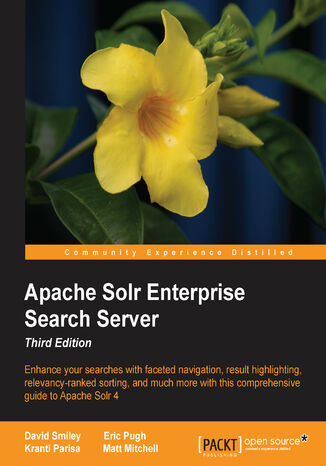






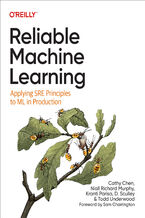

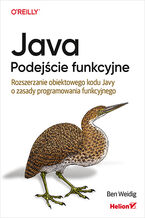
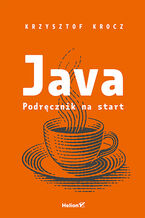
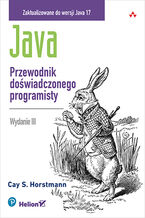
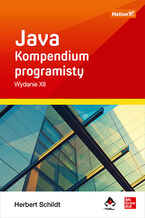
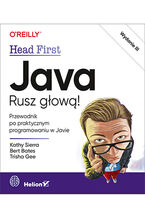
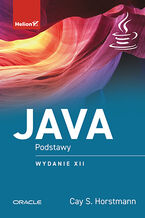
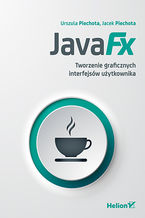
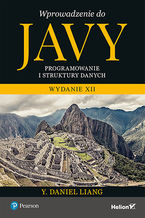

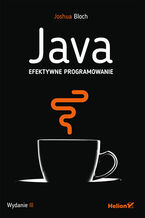






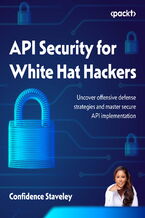

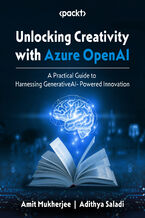
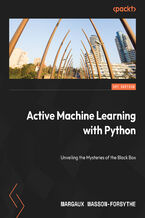
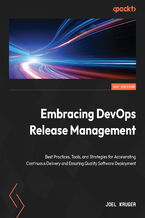



Oceny i opinie klientów: Apache Solr Enterprise Search Server Matt Mitchell, Kranti Parisa, Eric Pugh, David Smiley, Kranti K Parisa, David Eric Pugh, Matthew Mitchell
(0)